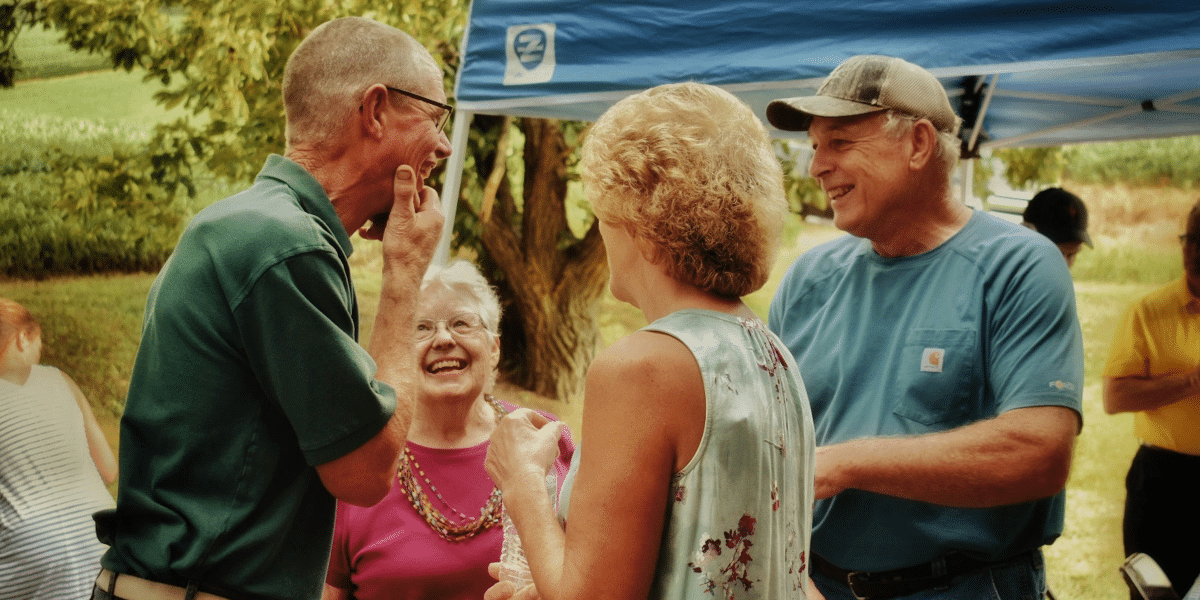As we age, maintaining cognitive health becomes increasingly important, and one of the most effective ways to do so is by staying mentally active. While physical exercise often takes the spotlight in discussions about healthy aging, engaging in hobbies is equally vital. For seniors, picking up new hobbies or continuing beloved pastimes can significantly enhance cognitive function. This isn’t just a theory—there’s solid science behind the idea that hobbies can protect the brain and keep it sharp well into the golden years.
The Power of Learning Something New
Learning is one of the most effective ways to stimulate the brain. When seniors take on new hobbies, they challenge their brains to work in different ways, creating new neural pathways. This process, known as neuroplasticity, helps the brain remain flexible and adaptable, which is crucial for preserving cognitive function.
Take, for example, learning a musical instrument or a new language. These activities require the brain to process information in ways it may not have before. For seniors, this means that even if they’ve never played an instrument or spoken a foreign language, the effort to learn can have profound benefits. The brain is forced to work hard to make sense of new patterns, sounds, and movements, all of which help improve memory, concentration, and problem-solving skills.
Additionally, the act of learning something new fosters a sense of accomplishment and boosts self-esteem, which can also have positive effects on mental health. When seniors feel confident in their abilities, they are more likely to continue challenging themselves, creating a positive feedback loop that benefits cognitive function over time.
Social Connections Through Group Hobbies
Hobbies that involve social interaction offer dual benefits: they keep the brain engaged while also fostering connections with others. Social interaction is a critical component of cognitive health, as it helps prevent feelings of loneliness and depression, which are linked to cognitive decline.
For seniors looking to stay mentally sharp, jigsaw puzzle clubs offer an engaging way to challenge the brain while enjoying the company of others. These clubs encourage participants to work together to solve complex puzzles, which not only stimulates the brain but also builds camaraderie and teamwork. The combination of problem-solving and socializing creates an environment that supports both cognitive and emotional well-being.
Similarly, book clubs, knitting circles, or even gardening groups provide opportunities for seniors to engage in meaningful conversations while pursuing activities they enjoy. These social hobbies can help reduce stress, improve mood, and enhance cognitive function by keeping the brain active and involved in social exchanges. The sense of belonging that comes from being part of a group can also encourage seniors to remain engaged and mentally active, which is essential for cognitive health.
The Role of Creative Hobbies in Brain Health
Creative hobbies, such as painting, writing, or crafting, play a significant role in maintaining cognitive function. These activities stimulate the brain by encouraging it to think creatively and problem-solve in unique ways. Unlike activities that rely on routine or memorization, creative hobbies require seniors to use their imaginations and think outside the box, which can help keep their minds sharp.
For instance, painting involves visual processing, fine motor skills, and the ability to plan and execute an idea. These tasks engage different areas of the brain simultaneously, which helps strengthen cognitive function. Writing, on the other hand, taps into language skills, memory, and critical thinking. Whether it’s penning a memoir or jotting down thoughts in a journal, writing encourages seniors to reflect on their experiences and articulate their ideas, which can improve cognitive clarity and mental agility.
Crafting, too, offers numerous cognitive benefits. Whether it’s knitting, woodworking, or scrapbooking, these hands-on activities require attention to detail, problem-solving, and planning, all of which are essential for maintaining cognitive function. The repetitive nature of some crafts, like knitting, can also have a meditative effect, reducing stress and promoting mental well-being.
Moreover, creative hobbies provide a sense of purpose and fulfillment. When seniors create something tangible, it reinforces their sense of identity and self-worth. This sense of accomplishment can be particularly important for cognitive health, as it motivates continued engagement in mentally stimulating activities.
Engaging in hobbies isn’t just a way to pass the time—it’s a powerful tool for protecting and improving cognitive function. Whether learning a new skill, joining a social group, or exploring creative endeavors, hobbies offer seniors a meaningful way to keep their minds sharp and their spirits high.
Published by: Khy Talara








